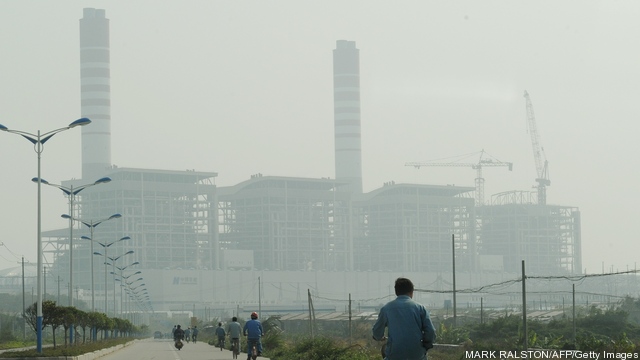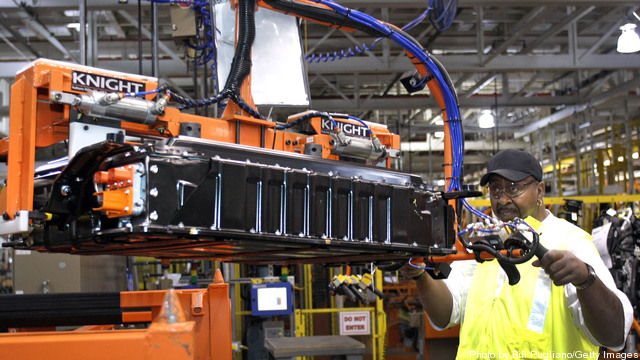
“Prediction is very difficult, especially if it’s about the future,” quipped Niels Bohr. And so it is with the uranium industry. Some uranium companies and several nations with an interest in the sector are bullish, while some analysts strike a more cautious note. Despite lacking a crystal ball, it is possible to offer a reasonably confident analysis of how the industry will fare going forward.
All such predictions are guided by one fact: The effects on the nuclear industry of the Fukushima accident in Japan-whose one-year anniversary is March 11-is less than some pundits had feared, and in turn this will have less of a negative impact on the uranium market overall. According to a report in the Washington Post last October, for example, the Czech Republic is planning to sharply increase its nuclear power production. That nation currently relies on six nuclear reactors for 33% of its total electricity, and the government hopes to at least double that output by the year 2050. In its decision to pursue nuclear power, the Czechs are not alone: Slovakia is currently building more nuclear facilities, and Poland has engaged in talks with companies in France, Japan and the U.S. about technology for its first nuclear plant to be completed by 2030. Keep reading →








